Introduction:
Adolescence is a time of rapid physical, cognitive, social, and emotional development, and the experiences of those aged 10-19 years have profound impacts on their well-being both in the shorter and longer term. Wellbeing is the support, confidence, and resources to thrive in contexts of secure and healthy relationships, realizing their full potential and rights. Adolescent health and well-being is a crucial aspect of human development that affects young people’s health, education, and productivity. However, many adolescents around the world face various challenges that prevent them from achieving optimal nutrition and well-being In a world marked by rapid changes and diverse lifestyles, the importance of nutritional health among youth cannot be overstated. This phase of life is a critical juncture, where the foundations for physical growth, cognitive development, and lifelong habits are laid. By understanding the significance of proper nutrition and making informed choices, the youth can pave the way for a healthier and more vibrant future
Global trends and issues:
About 144 million adolescents are stunted (too short for their age), 47 million are wasted (too thin for their height) and 81 million are underweight (too light for their age). About 340 million adolescents are overweight or obese. Iron deficiency anemia is a significant cause of morbidity and mortality among adolescent girls, affecting their menstrual health. Adolescents are also vulnerable to developing eating disorders such as anorexia nervosa, bulimia nervosa, and binge eating disorders, which can severely affect their physical and mental health. (3)
Indian trends and issues:
About 63 million (or 25% of the total population) affected by stunting. About 76 million (or 30%) suffer from anemia. It is more common among girls than boys. About 61 million (or 24% of the total) are affected by thinness. About 20 million (or 8% of the total) are affected by overweight and obesity. (4)(5)
The crucial role of a balanced diet:
A balanced diet serves as a cornerstone for both physical and emotional well-being. It’s not about restrictive eating, but about embracing a variety of nutrient-dense foods. Proteins repair and build tissues, carbohydrates provide energy, healthy fats support brain function, and vitamins and minerals play a role in overall health. A well-rounded diet ensures that young individuals receive the nourishment needed for optimal growth and emotional resilience. (6)
Impact of nutrition on mental and emotional well-being:
It’s not just the body that requires nourishment; the brain, emotions, and mental well-being depend on it too. Nutrient-rich foods play a significant role in regulating mood, reducing stress, and supporting emotional resilience. For instance, Omega-3 fatty acids found in fatty fish, flaxseeds, and walnuts have been linked to improved mood and reduced risk of depression. Nutrients like B vitamins and magnesium also contribute to a balanced emotional state. (2) (7)
A study on the relationship between diet/nutrition and mental health showed that Consumption of fruit/vegetables, unsaturated fats, vitamin D-rich foods, and whole grains was significantly positively related to mental health. Enhanced self-esteem and the ability to stay physically active were reported pathways. Energy-dense food consumption from unhealthful dietary acculturation to the Western lifestyle was associated with poor mental health. (8)
A study on the impact of healthy lifestyles on academic achievement revealed that a good diet positively correlates with self-esteem and academic achievement. A bad diet positively correlates with perceived stress and internet use. (9)
Brain-boosting foods:
The brain, a complex command center, thrives on nutrients that foster cognitive function. Incorporating brain-boosting foods can enhance memory, concentration, and overall brain health. Blueberries, rich in antioxidants, have been hailed as “brain berries” for their cognitive benefits. Dark leafy greens, nuts, seeds, iron, B vitamins, and whole grains supply vitamins and minerals that fuel mental acuity. Additionally, the consumption of fatty fish like salmon provides essential omega-3s that promote brain health. (10) (11)
Practical dietary tips for youth well-being:
- Start the day right with a nutritious breakfast
- Encourage drinking water throughout the day
- Emphasize a rainbow of fruits and vegetables
- Include lean proteins like poultry, beans, lentils, and tofu
- Opt for sources of healthy fats such as avocados, nuts, seeds, and olive oil
- Emphasize moderation when it comes to sugary and processed foods
- Eating slowly, and paying attention to hunger and fullness cues
- Include low-fat or non-fat milk and milk products such as cheese and yogurt
Limit snacks with lots of salt, added sugar, and saturated fats. (12)
Conclusion:
Nutrition isn’t just about physical sustenance; it’s a powerful tool for nurturing emotional well-being and cognitive fitness among young individuals. By choosing brain-boosting foods, maintaining a balanced diet, and practicing mindful eating, youth can lay the foundation for lifelong health and vitality. As we celebrate the potential of the younger generation, let’s also empower them with the knowledge that their choices today are shaping their well-being for a brighter tomorrow.
References:
- World Health Organization: WHO. Adolescent health. www.who.int [Internet]. 2019 Nov 26; Available from: https://www.who.int/health-topics/adolescent-health#tab=tab_1
- Adolescent diets and nutrition. Growing well in a changing world. CNNS report, 2019. UNICEF. Available from: https://www.unicef.org/india/sites/unicef.org.india/files/2020-02/CNNS-Thematic-Report-Adolescents-Diets-and-Nutrition.pdf
- Adolescent health and well-being. UNICEF. Available from: https://www.unicef.org/health/adolescent-health-and-well-being
- Bhargava M, Bhargava A, Ghate SD, Rao RSP. Nutritional status of Indian adolescents (15-19 years) from National Family Health Surveys 3 and 4: Revised estimates using WHO 2007 Growth reference. PLOS ONE [Internet]. 2020 Jun 22;15(6):e0234570. Available from: https://doi.org/10.1371/journal.pone.0234570s
- Nutrition. UNICEF India. Available from: https://www.unicef.org/india/what-we-do/nutrition
- Australia’s youth: Nutrition. Australian Institute of Health and Welfare. 2021. Available from: https://www.aihw.gov.au/reports/children-youth/nutrition
- Firth J, Gangwisch JE, Borisini A, Wootton RE, Mayer EA. Food and mood: how do diet and nutrition affect mental wellbeing? BMJ [Internet]. 2020 Jun 29;m2382. Available from: https://doi.org/10.1136/bmj.m2382
- Elshahat S, Moffat T, Gagnon O, Charkatli L, Gomes-Szoke ED. The relationship between diet/nutrition and the mental health of immigrants in Western societies through a holistic bio-psycho-socio-cultural lens: A scoping review. Appetite [Internet]. 2023 Apr 1;183:106463. Available from: https://doi.org/10.1016/j.appet.2023.106463
- Maniaci G, La Cascia C, Giammanco A, Ferraro L, Palummo A, Saia GF, et al. The impact of healthy lifestyles on academic achievement among Italian adolescents. Current Psychology [Internet]. 2021 May 20;42(6):5055–61. Available from: https://doi.org/10.1007/s12144-021-01614-w
- Ekstrand B, Scheers N, Rasmussen MK, Young JF, Ross AB, Landberg R. Brain foods – the role of diet in brain performance and health. Nutrition Reviews [Internet]. 2020 Sep 29;79(6):693–708. Available from: https://doi.org/10.1093/nutrit/nuaa091
- Rd KAJM. 11 Best foods to boost your brain and memory [Internet]. Healthline. 2023. Available from: https://www.healthline.com/nutrition/11-brain-foods
- Rd JKM. Healthy Eating for Teens: A complete guide [Internet]. Healthline. 2022. Available from: https://www.healthline.com/nutrition/healthy-eating-for-teens
Written by
Ashish Joshi1, Ashruti Bhatt2, Sabhya Juneja2, Revathi3, Nida Talat4, Madhuri Bhatt4, Akshata Gupta4
- Dean and Distinguished University Professor School of Public Health University of Memphis
- Public Health Researcher at the Foundation of Healthcare Technologies Society
- Research Assistant at the Foundation of Healthcare Technologies Society
- Intern at the Foundation of Healthcare Technologies Society


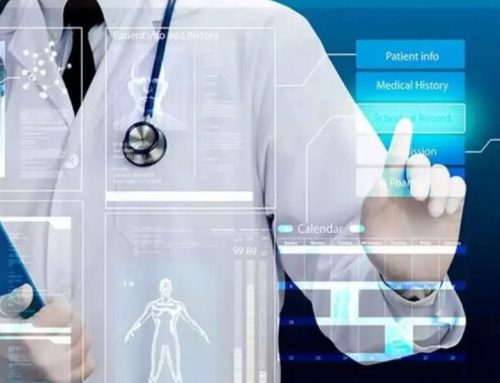
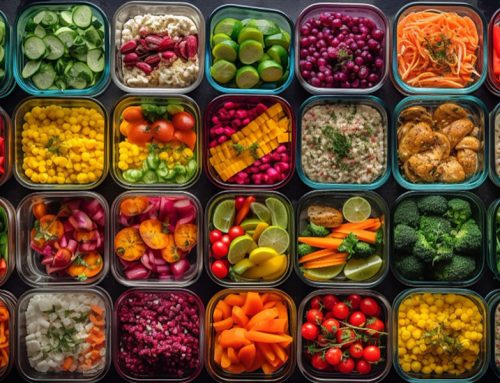
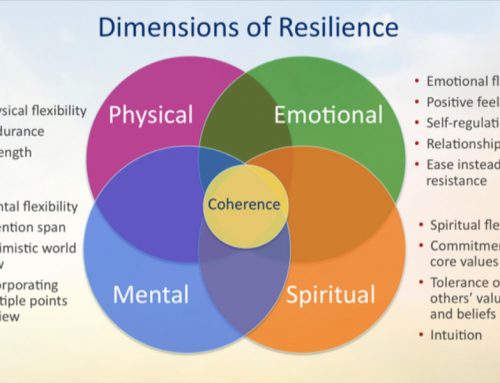


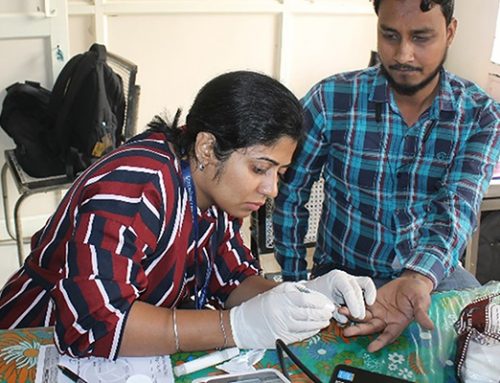
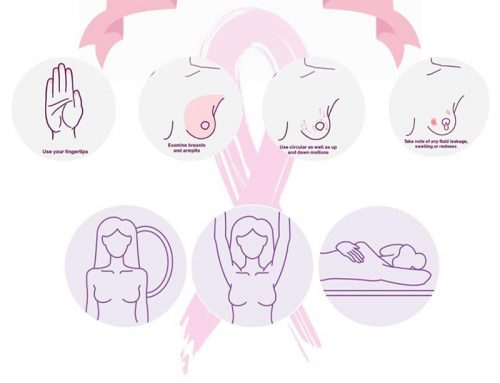
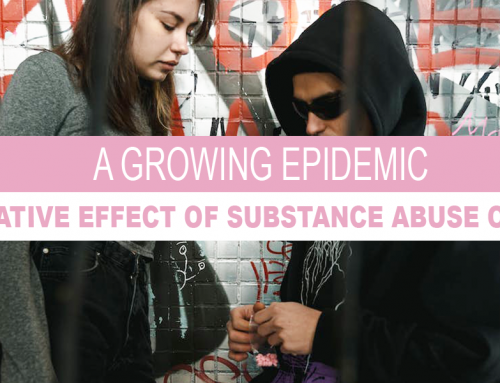
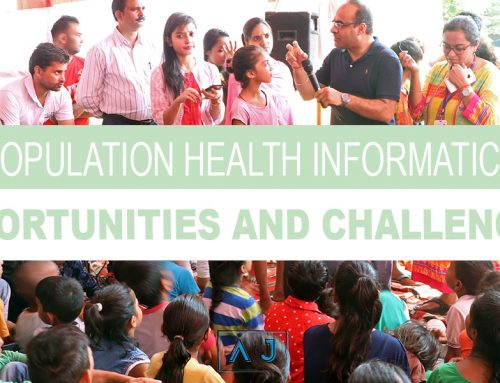

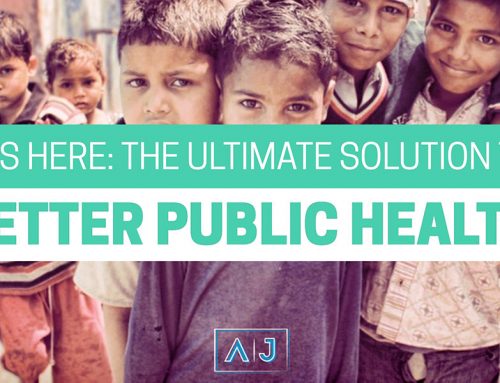
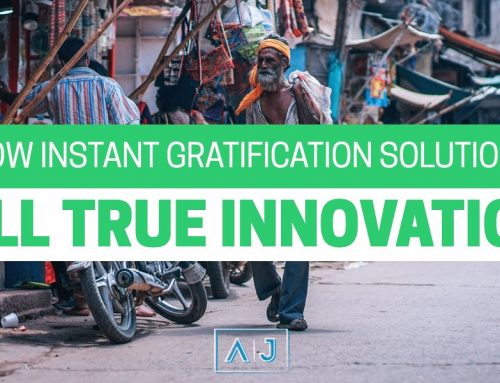
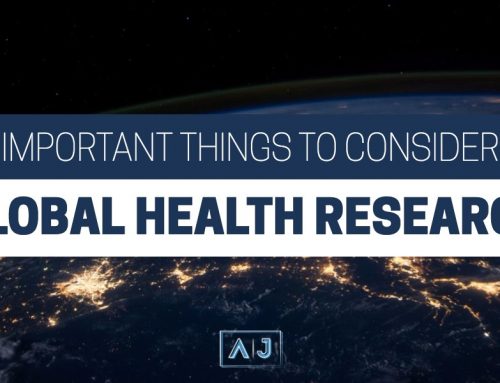
Leave A Comment